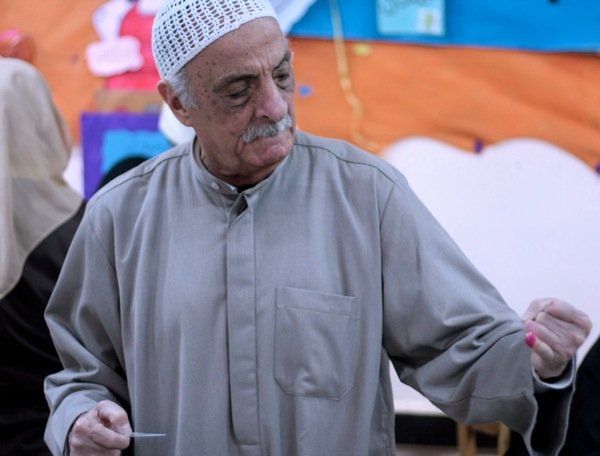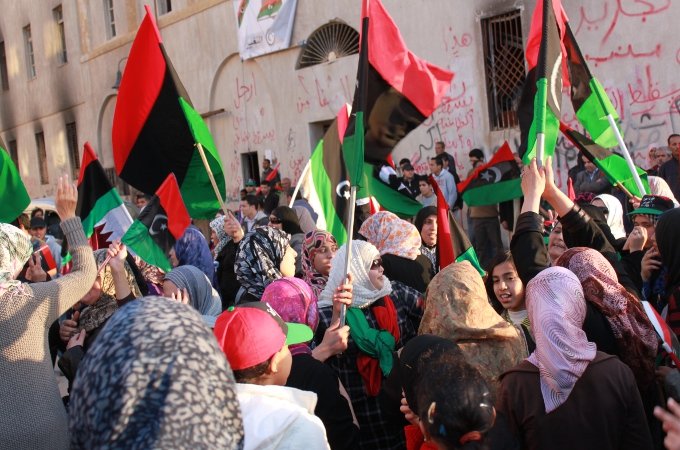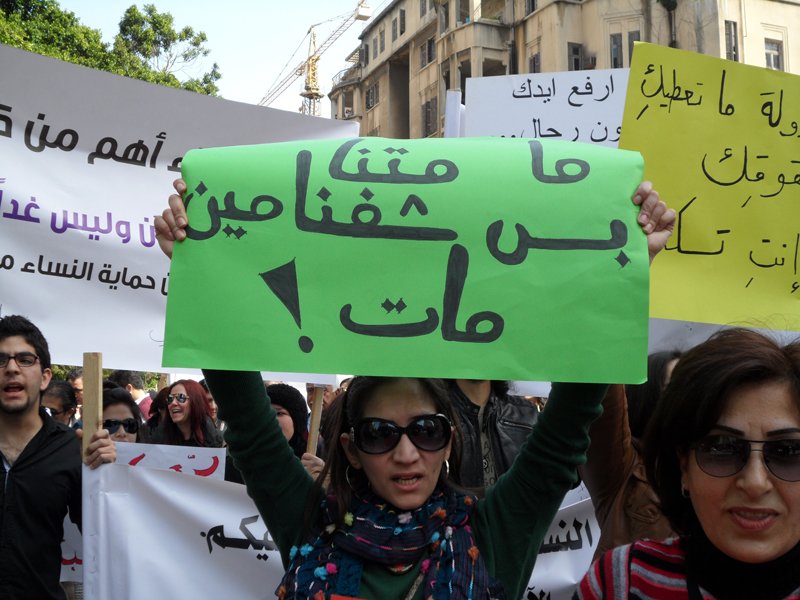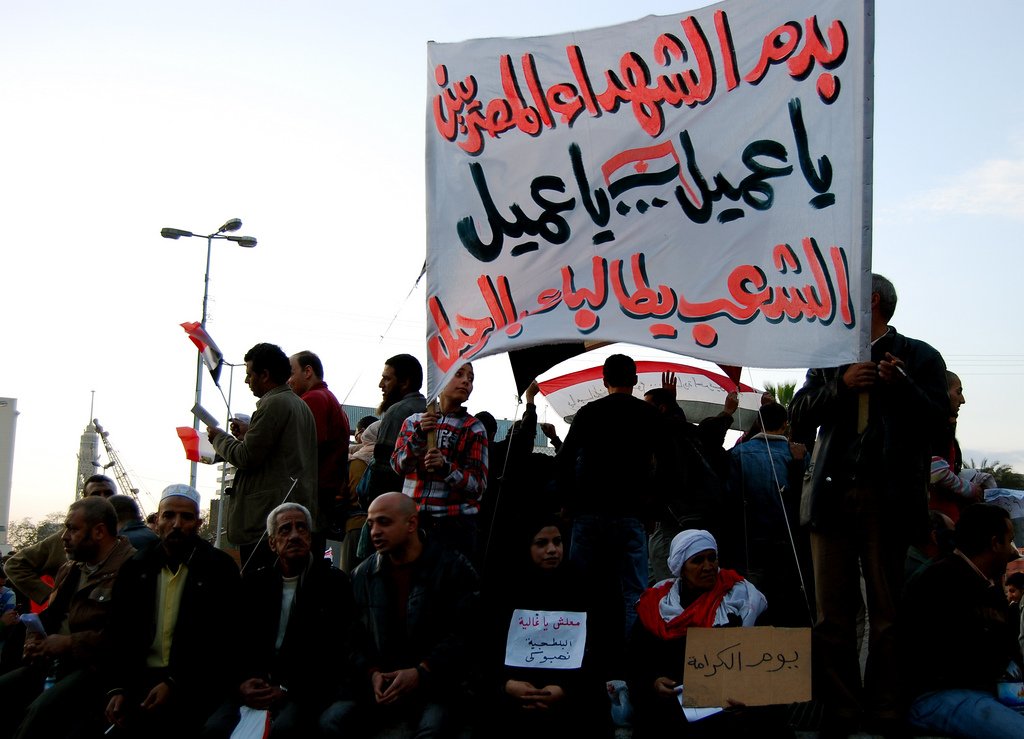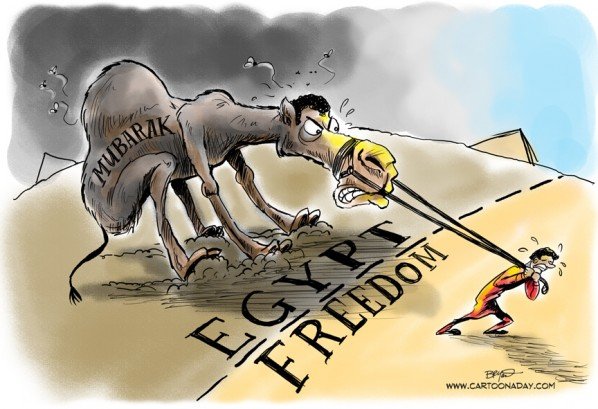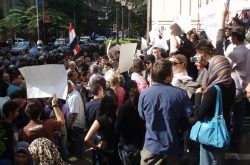This article centers on the influx of Western fighters joining ISIS and locates its root causes in systemic and structural forms of alienation, discrimination, and Islamophobia. In Western discourse, understanding this phenomenon is characterized by a sense of denial that limits the interpretive paradigms to one of two approaches: either a racial discourse that confines the debate to antagonistic minoritized citizens with ambiguous loyalties and an inherent vulnerability for radicalism, or the powerful “glamour” of ISIS’s propagandist spectacles that western media cannot dispel.
Read More »Peer Reviewed Scholarship
Threat of the Downtrodden: The Framing of Arab Refugees on CNN
After September 11, 2001 Arabs and Muslims became the topic of interest for the global media, drawing attention from news outlets worldwide. Recently, the rise of the Islamic State in Iraq and Syria (ISIS) along with civil wars in the Arab region have forced hundreds of thousands of Arab citizens, particularly from Syria and Iraq, to flee their homelands. The resulting refugee crisis drew substantial attention and debate. Therefore, studying the framing of Arab refugees and asylum seekers in the global media is of notable significance, especially in connection to ISIS, the war on terrorism, and the upheaval in the Middle East.
Read More »استخدام النصوص الدينية في تبرير أعمال العنف (عرض وردّ)
مقالة لِد. إبراهيم صلاح الهدهد - عضو مجمع البحوث الإسلامية ـ رئيس جامعة الأزهر: استخدام النصوص الدينية في تبرير أعمال العنف (عرض وردّ)، التي أبرزت أهمية التفكير النقدي في كونه أكثر الوسائل فاعلية لمواجهة حملات الخداع والتضليل ورفع الوعي الإعلامي للجماهير ضد جماعات تزيف الدين ونصوصه، وكيفية اكتشاف زيف هذه الحجج من خلال قراءة النصوص القرآنية قراءة صحيحة؛ حتى لا نقع في فخ هذه الجماعات التي تدلس بعرض النصوص القرآنية لجذب الناس لأفكارهم
اقرا المزيد »محاربة التطرف والعنف من منظور السنة النبوية
من منظور السنة النبوية أدلى د.عمر محمد الفرماوي عميد كلية الدراسات الإسلامية والعربية بجامعة الأزهر الأسبق بدلوه في أطروحة "محاربة التطرف والعنف من منظور السنة النبوية"، حيث تحدث عن بعض الجوانب التي أدت إلى ظهور الإرهاب، والطرق التي ينبغي اتباعها لمحاربة هذا الداء من منظور السنة النبوية، ملقيًا الضوء على بعض الدروس العملية في حياة النبي وصحابته بما يفند مزاعم الجماعات المتطرفة والحاضرة في المشهد الإعلامي محليًا ودوليًا
اقرا المزيد »Asleep at the Press: Thoreau, the Nuances of Democracy and Egyptian Revolt
Through the lens of Thoreau’s conception of democracy Matthew Crippen investigates the international media’s framing of Mohamed Morsi’s overthrow in the summer of 2013. He questions why much of the Western media and Al Jazeera adopted the uniform narrative that the ouster was a coup and a travesty of democracy, despite its popular support. Without adjudicating whether or not the overthrow was anti-democratic, Crippen posits that the reasoning undergirding the dominant opinion among media pundits that it was remains questionable.
Read More »Social Media in Syria’s Uprising and Post-Revolution Libya: An Analysis of Activists’ and Blogger’s Online Engagement
Masudul Biswas and Carrie Sipes perform a comparative content analysis of Twitter and Facebook posts from a sample of Syrian and Libyan activist groups. By considering online content in the context of post-revolution Libya and the continuing upheaval in Syria, the authors shed new light on online activist agenda-setting. They find that while social media is used as a tool to maintain and expand momentum during revolution, in a post-revolution climate the same media serves as a venue for idea-sharing and political discourse.
Read More »Digital Activism: Efficacies and Burdens of Social Media for Civic Activism
In a comprehensive study of social media usage among social movement organizations in Lebanon, Jad Melki and Sarah Mallat investigate the efficacy of digital technology as a tool for activism. The authors find that while social media platforms offer a number of perceived benefits to activism work, there remain significant obstacles that manifest both on and offline.
Read More »The Discourse of Egyptian Slogans: from ‘Long Live Sir’ to ‘Down with the Dictator’
El Mustapha Lahlali investigates the power of political slogans in Egypt. By revisiting the discourse of early 2011 and surgically analyzing the linguistic content of a wide array of slogans, Lahlali offers new insight into the political, social and religious undercurrents that reverberated through the country during this time. Lahlali points to a period characterized by the democratization of discourse, which he argues, disappeared as rapidly as it emerged.
Read More »Mubarak Framed! Humor and Political Activism before and during the Egyptian Revolution
In an entertaining and insightful read, Deepa Anagondahalli and Sahar Khamis delve into the world of Egyptian political humor, unpacking its historical roots and reflecting on its evolution from private banter to public resistance. Focusing on Mubarak’s presidency and subsequent ouster, the authors identify a stark shift from long narrative jokes, to the biting “weaponized” one-liners that emerged in his final days. Humor, they conclude, is a paradoxical yet powerful tool for activism, which despite more recent crackdowns has proven to be a relatively safe platform for dissent.
Read More »Navigating the Ethics of Citizen Video: The Case of a Sexual Assault in Egypt
Using video of a sexual assault in Tahrir Square as a case study, Madeleine Bair discusses the ethical and logistical considerations of citizen video as a means for social documentation. Bair points to the emergent challenges including reliability, consent, preservation and security, as citizen videos are sourced with increasing regularity by both new and traditional media. The Egyptian video, which sparked national change and international outrage, is a striking example of how citizen video can both shine light on an issue and stir controversy.
Read More » Arab Media & Society The Arab Media Hub
Arab Media & Society The Arab Media Hub
